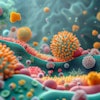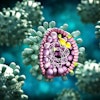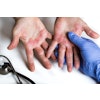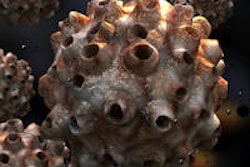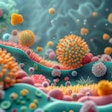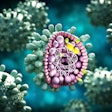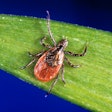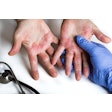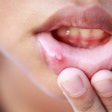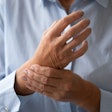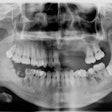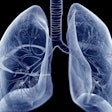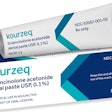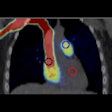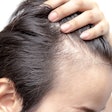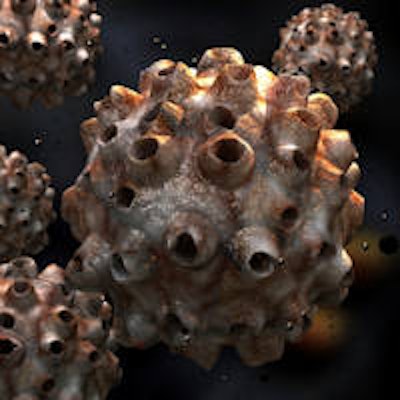
A Japanese mushroom extract appears to be effective for eradicating the human papillomavirus (HPV), according to a pilot clinical trial at the University of Texas Health Science Center at Houston (UTHealth).
Currently, there is no effective medicine or supplement to treat HPV, which is associated with more than 99% of cervical cancer cases.
 Judith A. Smith, PharmD.
Judith A. Smith, PharmD.The results were presented late last month at the International Conference of the Society for Integrative Oncology in Houston by principal investigator Judith A. Smith, PharmD, and associate professor in the department of obstetrics, gynecology, and reproductive sciences at the University of Texas Medical School at Houston.
Ten HPV-positive women were treated orally with the extract active hexose correlated compound (AHCC), found in the basidiomycetes mushroom, once daily for up to six months. Five achieved a negative HPV test result, with three of the women with confirmed eradication after stopping AHCC and the remaining two responders continuing on the study.
About 70% of an estimated 30,000 oropharyngeal cancer cases in the U.S. annually are attributed to HPV, the most common sexually transmitted infection in the U.S. Studies show that most patients with oropharyngeal squamous cell carcinoma (OPSCC) are HPV-positive, especially for HPV types 16 and 18.
According to the Centers for Disease Control and Prevention, several other cancers are related to HPV, including 95% of anal cancer, 60% of oropharyngeal cancer, 65% of vaginal cancer, 50% of vulvar cancer, and 35% of penile cancer. The National Cancer Institute predicts that HPV-positive oropharyngeal cancer will likely surpass cervical cancer as the most common HPV-associated cancer in the U.S. by 2020.
"We've been focusing our HPV research on finding a treatment for this infection because of the frustration we see in patients when they are diagnosed with HPV, but there's nothing we can do," Smith said in a UTHealth video. "All we can do is monitor for early signs of cancer; we need to find an effective treatment for HPV before it turns into cancer."
Smith is the director of UTHealth's Women's Health Integrative Medicine Research Team, which focuses on the safe and effective use of nutritional and herbal supplements with pharmacologic modalities as it relates to women's health and cancer.
“[AHCC] modulates the immune system to kill off infections as well as inhibit tumor growth.”
AHCC is a readily available nutritional supplement that works to improve the innate immune system. Human and preclinical studies have shown that AHCC increases the number and activity of natural killer cells, dendritic cells, and cytokines, which help the body fight off infections and block tumor growth.
"The results from our pilot study for women are very promising," Smith said. "For the first time, we demonstrated that a nutritional supplement like AHCC used for three to six months was able to eradicate the HPV infection."
The results confirmed the research team's preclinical study findings, she said, noting that the group has been evaluating the safety and efficacy of AHCC with chemotherapy for over a decade.
"It modulates the immune system to kill off infections as well as inhibit tumor growth," Smith explained. "Since AHCC is a nutritional supplement with no side effects and other immune-modulating benefits, we will be planning on using six months of treatment in our phase II clinical study to have a consistent study treatment plan."
UTHealth is now enrolling HPV-positive patients in a large clinical trial. The research is proceeding to a randomized, double-blind, placebo-controlled phase II clinical trial, which has just begun.
